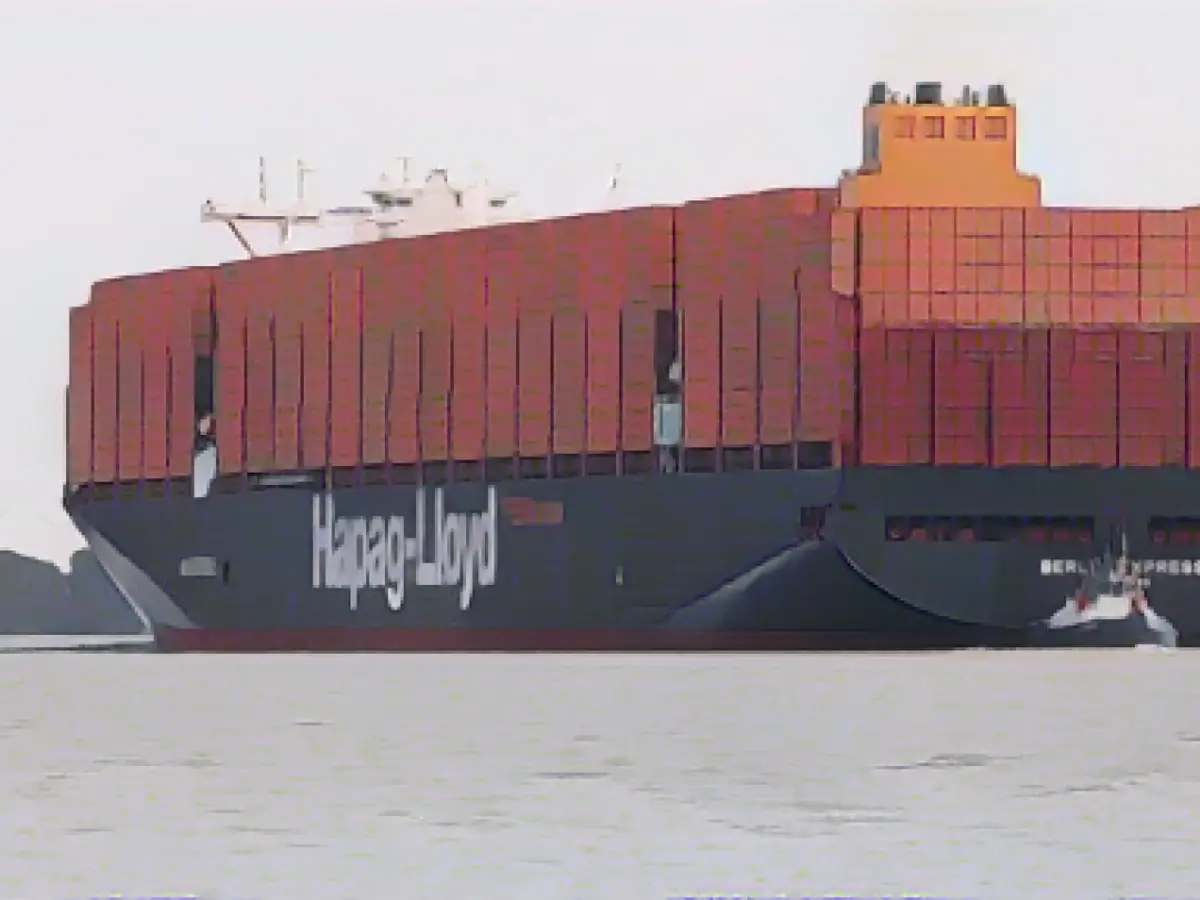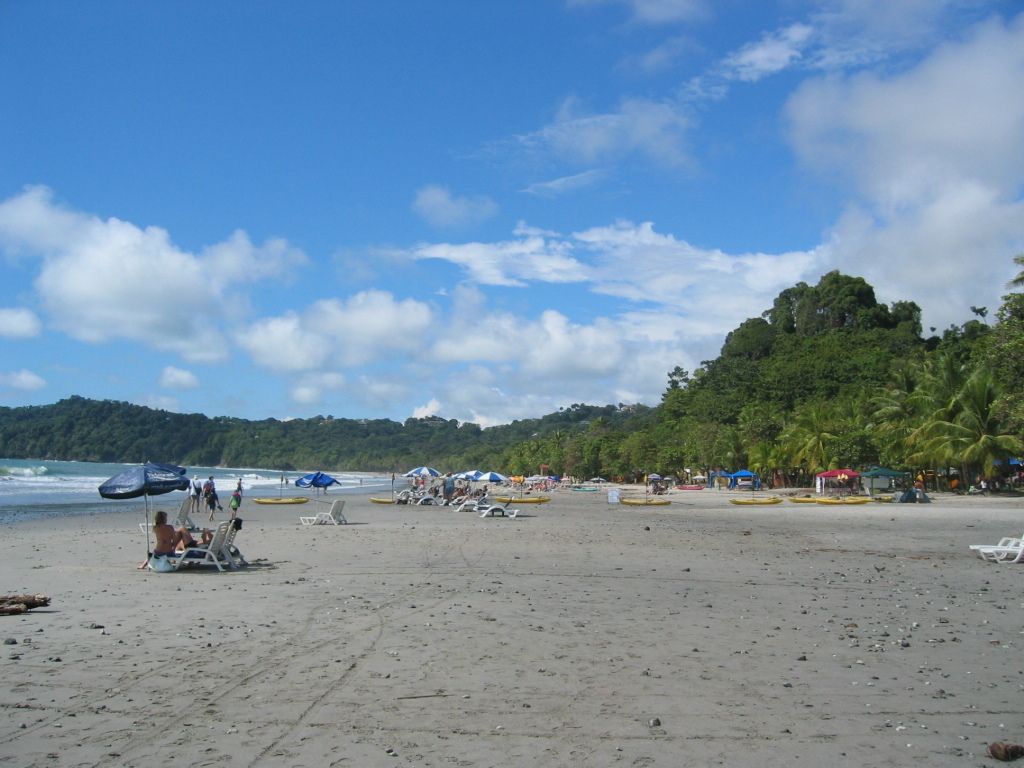Container Freighter under Fire in Red Sea Drama
The high seas haven't been this tense since "Titanic" hit an iceberg. A vessel belonging to the renowned German shipping company, Hapag-Lloyd, named the "Al Jasrah," has become the latest casualty in the Red Sea's harrowing saga. This time, it wasn't an unforeseeable iceberg but rather an enemy's bullet that struck the beleaguered ship, leaving it marred but fortunately, the crew unscathed.
The incident occurred in the Red Sea's narrow strait that stretches between Yemen and Djibouti, a popular shipping lane with global ramifications. Initial reports suggested that the ship hailed from Piraeus, Greece, had passed through the Suez Canal and was en route to Singapore. With a sizeable chunk of material damage reported on board, the ship's captain managed to steer the vessel through the ordeal, keeping the crew and cargo safe amidst the chaos.
As news of the attack surged across the globe, suspicion turned to the Yemeni Houthi rebels - a notorious group known for their rebel tactics and retaliatory attacks on maritime commerce. The group had launched a series of assaults on ships sailing in the Red Sea, including vessels believed to be Israeli supporters, since the outbreak of the conflict in Gaza.
Despite the hazardous situation, the German authorities remained nonchalant. However, in an about-face later in the week, shipowners from the country had escalated their concerns for the safety of their fleets, urging the government to take protective measures.
Meanwhile, Yemeni Houthi rebels had threatened to block passage for ships traveling to Israel via the Red Sea, making Germany's cargo fleet - the seventh-largest in the world - a prime harbinger of both opportunity and danger in this tumultuous region.
Determined to steer clear of these maritime minefields, the shipping giant, Hapag-Lloyd, had temporarily halted its regular schedules, diverting its container vessels along an alternative, safer route via the Cape of Good Hope, adding unforeseen miles and days to their journey.
Nevertheless, the situation demanded open-mindedness and adaptability from all seafaring vessels, both big and small. At a time when global trade and shipping were becoming increasingly dynamic and integrated, the Red Sea continued to pose a unique challenge - one that could potentially disrupt the delicate balance of the international freight industry.
Additional Insights
In the aftermath of the incident, several topics emerged that affected the maritime landscape.
- Lingering Threats: Despite progress towards a ceasefire agreement, the unstable nature of the region suggested potential dangers could probably lurk anywhere and could have unpredictable ramifications on other shipping lanes.
- Inaccurate Targeting: The Houthis' use of inexact information to pinpoint targets increased the chances of misguided strikes against non-targeted vessels.
- Negative Impact on Shipping: A substantial increase in shipping costs and extended voyage durations were the direct consequences of divertive routes to dodge the Red Sea hazards.
- Military Response: Coalitions of countries, including the US and UK, had mobilized in a joint response to confront the Houthis' actions and protect the shipping routes.
- Wary Shipping Companies: Major shipping lines like Hapag-Lloyd were apprehensive about resuming normal operations in the Red Sea until conditions were deemed safe to proceed.
[1] Wagner, M. (2024). Houthi Rebels Strike Oil Tanker off Yemeni Coast. The Wall Street Journal.
[2] Miller, R. (2025). Shipping Disruptions: Yemen's Houthi Rebels Strike Yet Another Container Ship. Lloyd's List.
[3] Alsallam, H. (2025). Coalition Ships Escort Saudi Merchant Ship Through Yemeni Waters. Arab News.
[4] Nickel, J. (2025). Red Sea Attacks Force Shipping Companies to Reroute Vessels. The Maritime Executive.
[5] Bunker, R. (2025). European Seafarers' Union Warns of Escalating Houthi Threat to Red Sea Shipping. Intellogist.








